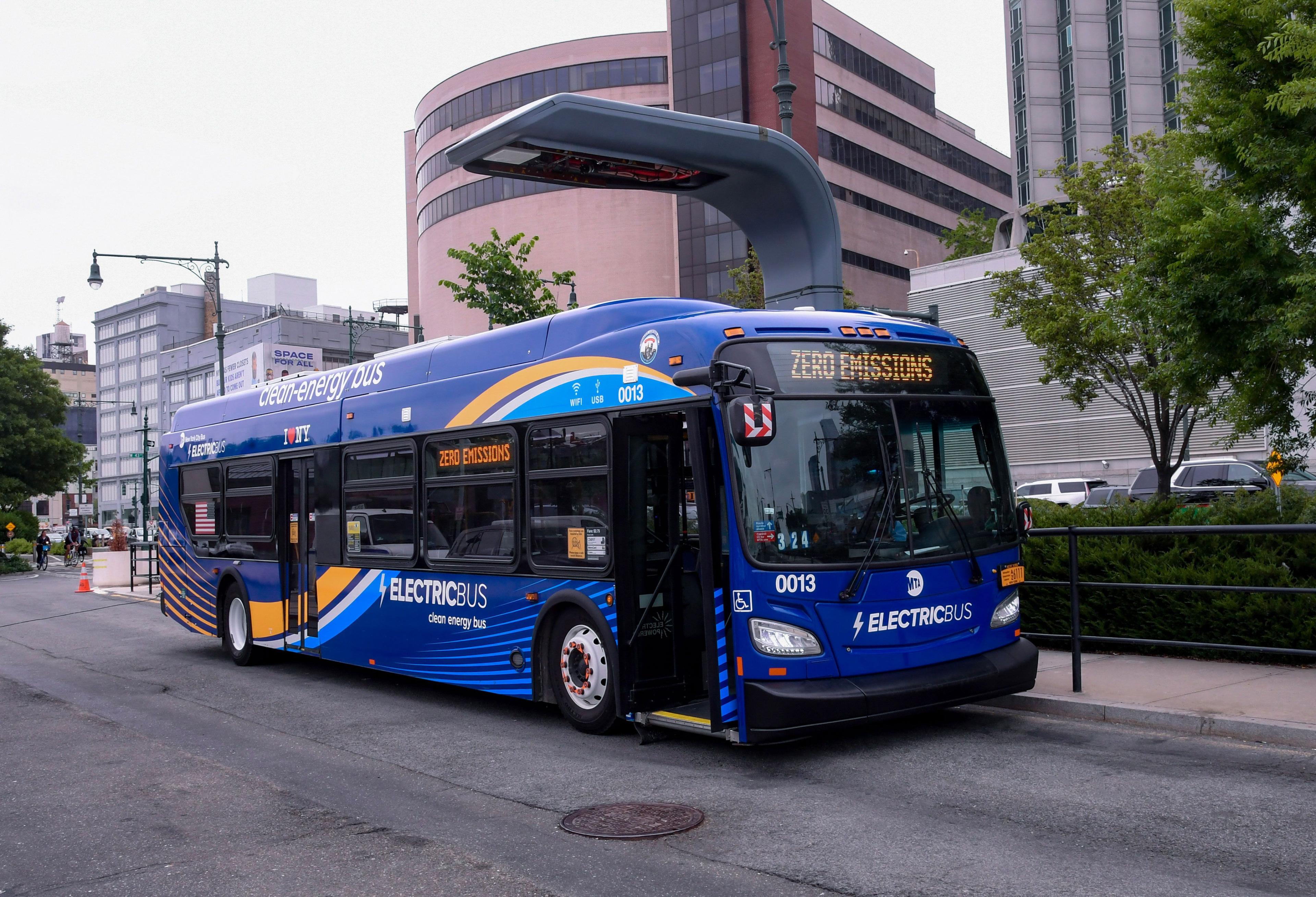ChargePilot®, the intelligent charging and energy management system by The Mobility House, will now be used in the first two reference projects in New York City. On the one hand, New York City Transit (NYCT), the largest operator of public bus fleets in the U.S., has opted for it. On the other hand, the New York City School Bus Umbrella Services (NYCSBUS) will implement the state’s largest V2G project for all-electric school buses using with ChargePilot.
Savings of half a million U.S. dollars
Together with NYCT, The Mobility House is working on optimizing the charging processes in two bus depots in the boroughs of Staten Island and Queens. During the process, ChargePilot® coordinates the rate structures of the local energy providers with the routes and/or circulations of the e-buses. The goal is to optimize the charging processes, maximize vehicle operating time, and minimize electricity costs. According to a feasibility study by The Mobility House, ChargePilot® is able to lower the operating costs of the electric buses by close to half a million U.S. dollars per year at one of the two depots alone.
V2G as well as cost and energy optimized charging
With vehicle-to-grid, NYCSBUS and The Mobility House are testing an important future technology for electromobility and the energy transition in general in another project in New York City. Similar to the project with NYCT, the goal of both partners is to adapt the charging processes of all-electric school buses to the circulations and the electricity prices in order to keep charging costs as low as possible. Another objective is to avoid the investment costs of expanding the power grid connection or to keep it as low as possible.
In addition to this, NYCBUS and The Mobility House are implementing bidirectional charging. By feeding energy from electric bus batteries into the power grid at times when this energy is not needed for driving, additional revenue can be generated. Reason being is that electricity during grid shortages is more expensive than at times when the load is weaker. The Mobility House estimates that NYCSBUS will save between $70,000 and $160,000 each year with managed intelligent charging and discharging, which furthermore helps to stabilize the power grid, among other things.
"We are honored to be implementing two lighthouse project customers for bus fleet electrification, NYCT and NCYSBUS at the same time. We are happy to help them set up their operations in an energy and cost-efficient manner, which benefits all New Yorkers: Cleaner air and less road noise thanks to the emissions-free and quiet electric bus operation – and all this at optimized costs."
Gregor Hintler, Managing Director ,
The Mobility House USA
